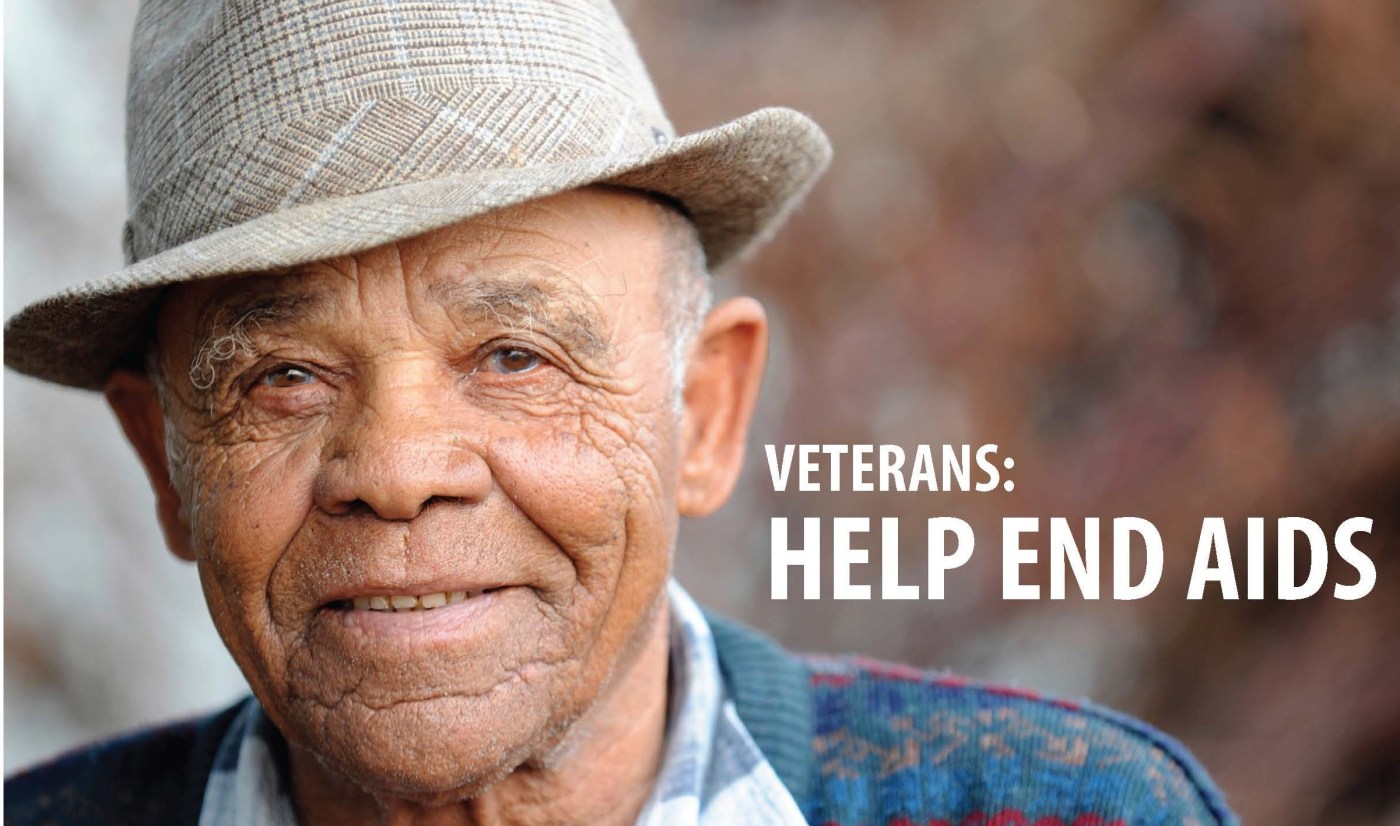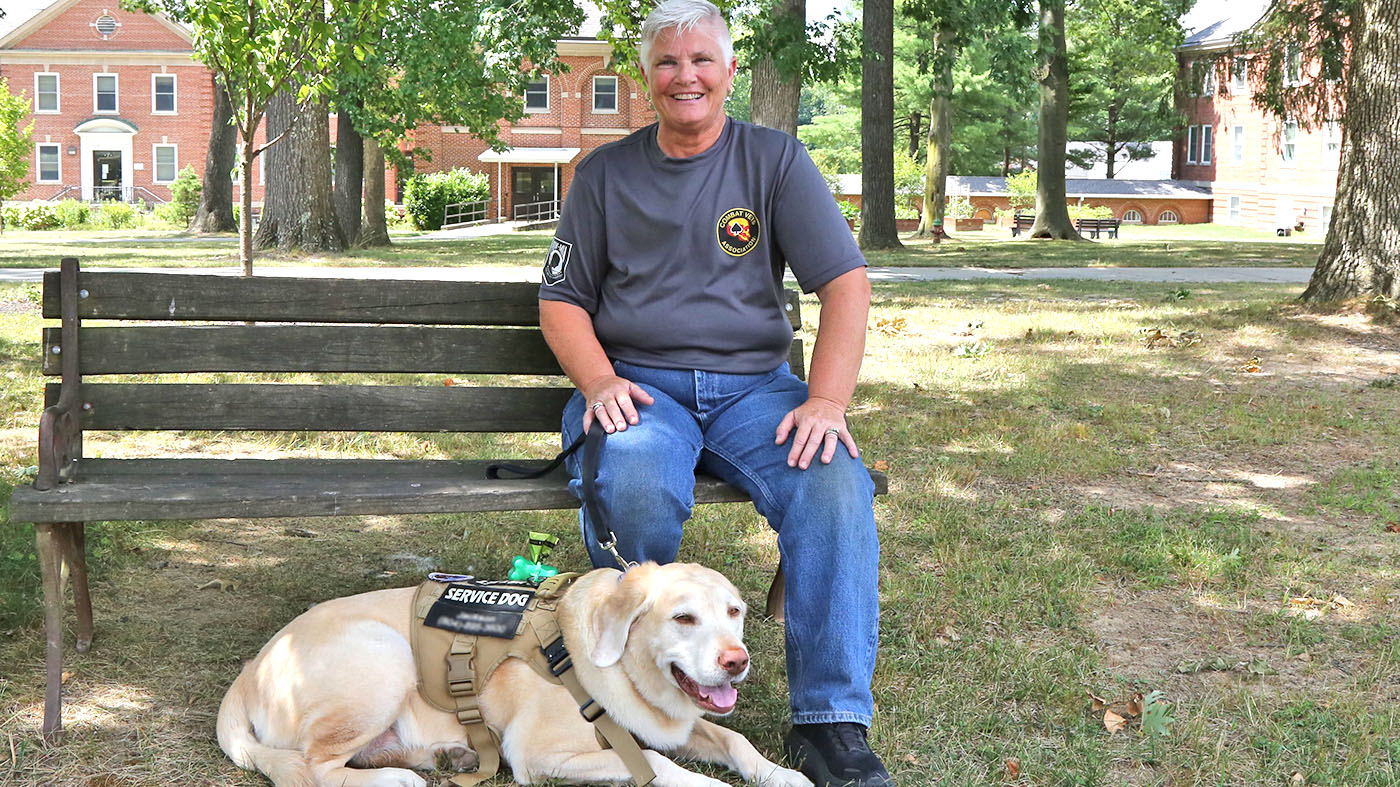December 1st is World AIDS Day
This World AIDS Day, VA is encouraging Veterans to talk to their providers about their HIV status. Everyone should “say yes to the test” at least once. Getting an HIV test in VA is simple, just ask your primary care provider to order a test at your next appointment.
If you test negative, think about prevention. You have probably heard that using condoms when having sex and using new or sterilized drug injection equipment are important prevention practices. But have you heard about PrEP? PrEP is another tool to help prevent HIV for those at high risk. PrEP stands for Pre-Exposure Prophylaxis, and it means taking a medicine before you are exposed to an infection, such as HIV, to prevent that infection. PrEP significantly reduces the risk of HIV transmission.
What is high risk? You should discuss PrEP with your provider if you are a sexually active man who has sex with men, a heterosexual woman or man, a transgender woman or man, or a person who injects drugs, AND you have one or more of the risk factors for HIV listed below:
- Using condoms only sometimes or not at all
- Having more than one sex partner
- Having an HIV-positive sex partner
- Having had a recent sexually transmitted infection, such as gonorrhea, chlamydia, or syphilis
- HIV-positive injecting partner
- Sharing of injection equipment
- Engaging in commercial sex work
- Using stimulants, poppers, cocaine, meth, ecstasy, or GHB in the past year
- Having taken post-exposure prophylaxis (PEP) to prevent HIV in the past year
If you have even one of these risks, please take some time to learn more about PrEP and discuss it with your VA provider. Your provider can help decide whether PrEP is right for you.
VA is the largest provider of HIV care in the U.S., treating more than 28,000 Veterans with HIV in 2016. For Veterans who test positive for HIV, VA provides care along a continuum including diagnosis, linkage to care, retention in care, prescription of antiretroviral therapy (ART) treatment, and viral suppression.
Learn more about HIV care on the HIV/AIDS website.

Topics in this story
More Stories
Combat Veteran faces the traumatic events of her PTSD during prolonged exposure therapy and looks forward to the days to come.
Bob Jesse Award celebrates the achievements of a VA employee and a team or department that exemplifies innovative practices within VA.
The Medical Foster Home program offers Veterans an alternative to nursing homes.








I am a veteran and disabled. I’m still waiting for some kind of help, I got into the VA but can not get to the clinic. I was homeless for 5 months and now I have a new home that I can afford in Homosassa FL Thank God. My life is still not good for I have no transportation and can’t afford to pay for any kind of ride to see the doctor at the VA in Lacanto I suffer from so much pain and PTSD please help me